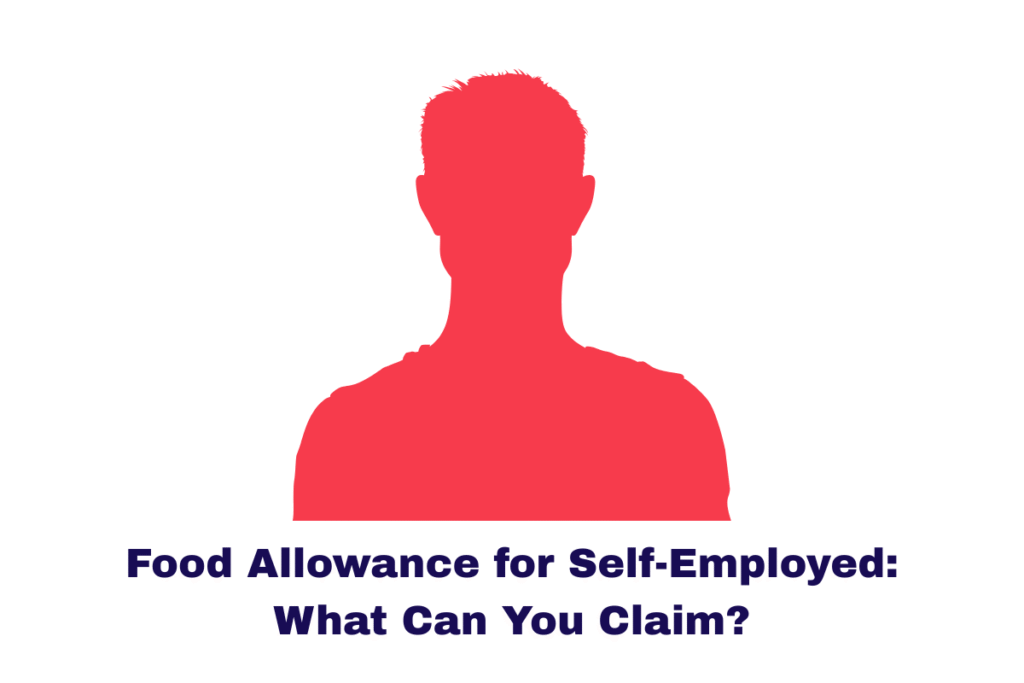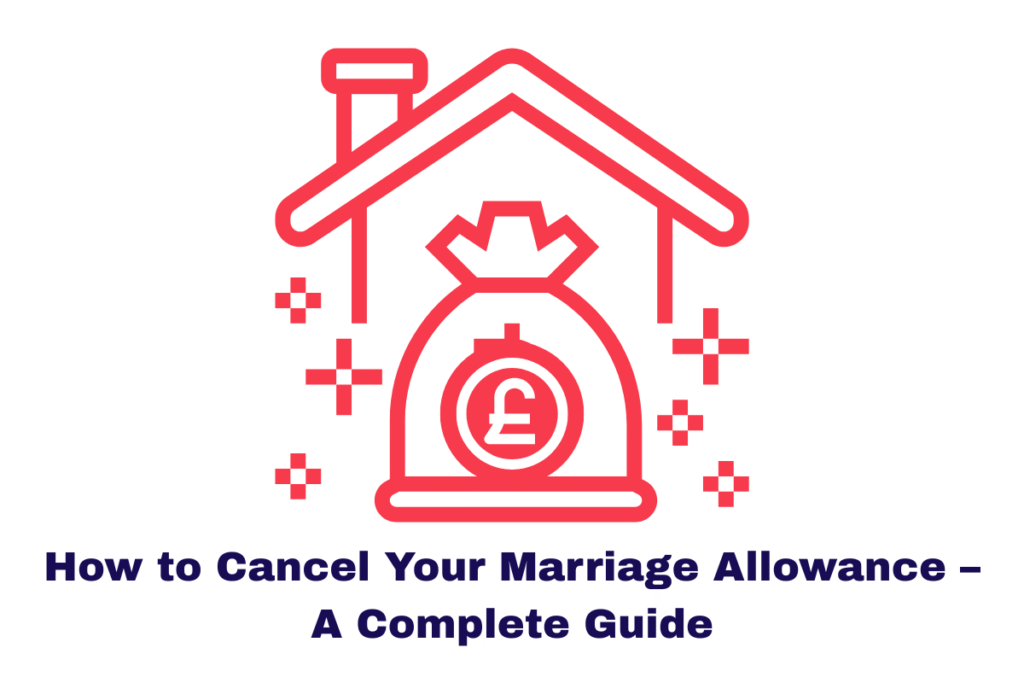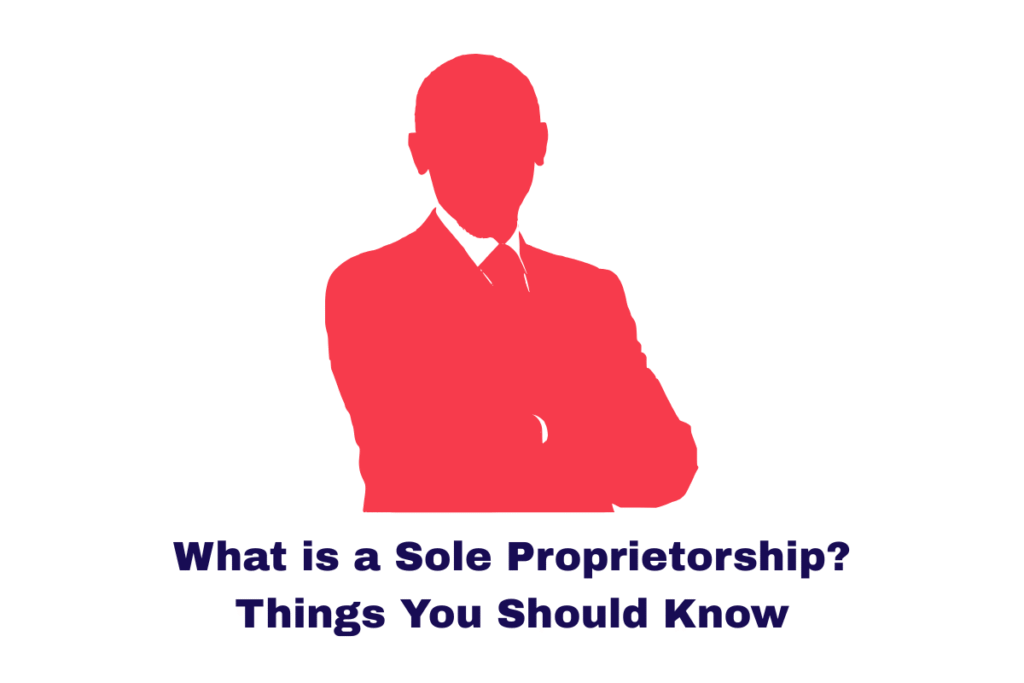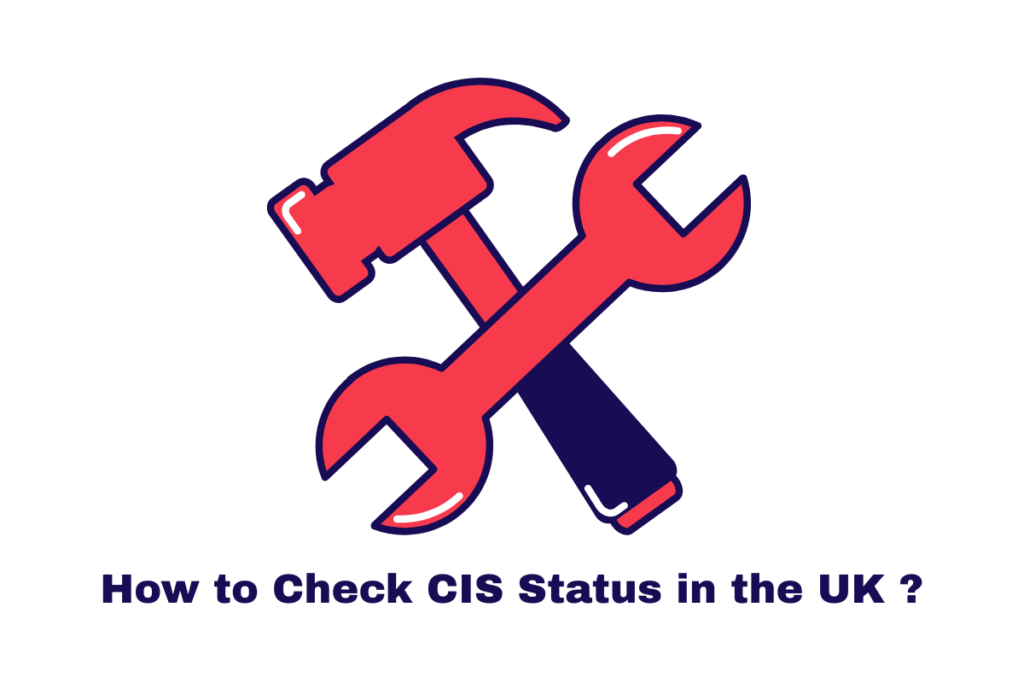If you’re self-employed in the UK, you’re probably aware that you can claim certain business expenses to reduce your taxable income. One area that causes a lot of confusion is the food allowance for self-employed individuals. Can you claim for every meal? What are the rules? And how do you ensure your claim is accepted by HMRC?
In this guide, we’ll break down what counts as allowable food and drink expenses, when you can claim them, and how they impact your self-assessment tax return.
✅ Use our Listen to Taxman Calculator to check your estimated tax after claiming your food and other business expenses.
Understanding Food Allowance for Self-Employed
The food allowance for self-employed individuals is a legitimate expense, but it’s not as straightforward as it might seem. HMRC does allow self-employed people to claim for food and drink, but only under specific conditions.
These expenses must be wholly and exclusively for business purposes—not for personal consumption.
This means you can’t claim for everyday meals or your regular lunch, even if you’re working during that time. However, if your work requires you to travel or stay overnight, you may be entitled to claim a food allowance as part of your business expenses.
How Self-Employed Expenses Work
As someone who is self-employed, you’re responsible for keeping detailed records of your income and costs throughout the tax year. This includes tracking:
- Business travel
- Accommodation (if needed)
- Equipment
- Communication expenses
- And in some cases, food and drink
Allowable expenses like the food allowance for self-employed can be deducted from your overall income before calculating your income tax. This can reduce your tax bill, as you’re only taxed on your profits rather than your gross income.
To stay compliant, it’s important to keep receipts and clearly record the business reason behind any expense—especially food-related costs.
You can also read our more guides on Personal Tax:
What is a Sole Proprietorship? Things You Should Know
How Much Tax Will I Pay on My Bonus in the UK?
How to Check CIS Status in the UK ?
Highest Council Tax Bands in the UK?
HMRC Rules for Claiming Food Expenses
The rules for claiming a food allowance for self-employed individuals are defined by HMRC. You can only claim for meals if they are:
- Purchased during a business journey that is not part of your regular routine (i.e. not your normal place of work)
- Associated with a temporary travel assignment
- Incurred during an overnight stay for business purposes
These conditions ensure the expenses are related to your business activity and not part of your personal lifestyle.
🧮 Curious how your business expenses affect your tax bill? Try our Listen to Taxman Calculator and plan smarter.
Claiming Food and Drink During Business Travel
If you’re on a business trip and it involves an overnight stay, you may be eligible to claim food and drink as allowable expenses. Here are some typical scenarios where claims may be accepted:
- Attending a client meeting in a different city
- Staying overnight for a trade fair or exhibition
- Travelling to a one-off job outside your normal catchment area
HMRC typically looks for evidence that the expense was necessary and directly linked to the business trip. Keep hold of receipts and note the purpose and duration of your trip when filing your claim.
It’s also worth noting that if your travel is part of your regular routine (e.g. commuting to your usual client’s site), you cannot claim for meals consumed during that journey.
What You Can and Cannot Claim
Here’s a simplified overview of what you can and cannot claim under the food allowance for self-employed:
| Eligible | Not Eligible |
| Meals during overnight business stays | Lunch at home |
| Food during one-off, irregular business travel | Meals during your normal working day |
| Food at trade fairs, conferences, or exhibitions | Personal snacks or coffee |
Remember, the key phrase is “wholly and exclusively for business purposes.”
Staying Compliant with HMRC
Making a successful claim for the food allowance for self-employed individuals means adhering strictly to HMRC’s guidelines. Here are some best practices:
- Keep receipts: Always keep proof of purchase for food and drink.
- Record the purpose: Log the reason for the trip and the business nature of the expense.
- Be consistent: Avoid making frequent claims that could look like personal expenditure.
If you’re unsure whether a food expense qualifies, it’s best to consult with an accountant or tax advisor.
💡 Need a quick estimate of your taxes after deducting food expenses? Use our Listen to Taxman Calculator for instant results.
Final Thoughts
The food allowance for self-employed workers can be a useful deduction, but it comes with specific rules. You can’t claim for every meal, but if you’re away from home for a legitimate business reason, those food expenses may be allowable.
Keep your records accurate, save receipts, and always ensure that the expense has a clear business justification. If you find the rules a bit complex, speaking to a professional can ensure you’re claiming only what you’re entitled to—no more, no less.
✅ Ready to check how your food allowance claim will impact your taxes? Try our Listen to Taxman Calculator now and plan your finances better.
Explore Our Tax Calculators
Salary Tax Calculator
Reverse Tax Calculator
Tax Calculator UK
VAT Calculator
Bonus Tax Calculator
Simple Interest Calculator
Payslip Calculator
The content provided on TaxCalculatorsUK, including our blog and articles, is for general informational purposes only and does not constitute financial, accounting, or legal advice.




